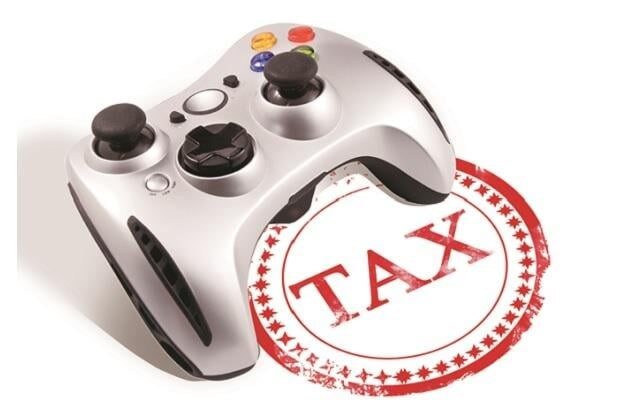“Taxing Innovation: Unraveling the Implications of High Taxes on India’s Online Gaming Industry”
Every government requires revenue to fund essential services, ensure internal security, bolster national defense, invest in infrastructure, and more. Taxation is a fundamental tool for revenue generation, and it’s not inherently problematic. However, the approach to taxation can sometimes have unintended and negative consequences. Two prominent examples of this are retrospective taxation, as seen in the Vodafone case, and the high taxation on the online gaming (OG) industry. In both instances, the overarching approach is often criticized for being excessively socialist and for its potential to harm the very sectors it aims to tax.
Retrospective taxation, as witnessed in the Vodafone case, discouraged investment in India and hampered the once-thriving telecom sector. The online gaming industry, now facing the prospect of a 28 percent tax, may face similar consequences. This high taxation could have far-reaching effects, potentially leading to the demise of a sector that employs 50,000 people and contributes significantly to tax revenues.
The growth of the OG industry in India has been remarkable. It was worth $0.54 billion in FY16, surging to $2.6 billion in FY22, with estimates projecting a further increase to $8.6 billion by FY27. Indian gaming companies have raised $2.8 billion from global investors over the last five years. Prime Minister Narendra Modi recognized this potential in June 2021, highlighting the rapid growth of India’s prospects in the virtual, digital, and online gaming sector.
Given this backdrop, one might expect that the OG industry would receive support or at least be treated fairly. However, the GST Council has chosen to tax the sector at a high rate, demonstrating an eagerness to maximize revenue without considering the potential repercussions.
The GST Council recommended that online gaming, along with casino and horse racing, be taxed at a flat rate of 28 percent, irrespective of whether the activities are games of skill or chance. This decision, in essence, spells doom for the sector.
The government’s stance is that this is not a case of retrospective taxation, as these liabilities were already in place due to money online games played with bets, attracting a 28 percent GST. However, industry players see this as a de facto retrospective taxation, given the demands for huge amounts of backdated GST payments, totaling Rs 55,000 crore, which date back to 2017.
In a recent Karnataka High Court judgment on the Gameskraft case, a distinction was made between games of skill and games of chance. The court ruled against the tax authorities and deemed the notices issued to OG companies as “illegal, arbitrary, and without jurisdiction or authority of law.”
Despite the court’s ruling, the online gaming sector continues to face difficulties. The industry’s treatment can be attributed not only to the government’s desire for increased revenue but also to a moralistic dimension. The government and the finance minister have mentioned the moral aspects of the GST decision.
While it’s essential to acknowledge the potential for gaming addiction, it’s important to remember that excess in anything, from smoking and drinking to consuming junk food, can be harmful. We do not ban these activities due to their potential negative consequences, and a more balanced approach is needed for the online gaming sector as well.
When socialist tendencies combine with moralizing rhetoric, the consequences are often detrimental. The tourism sector in India serves as another example, plagued by high tax rates and a focus on imposing high taxes on alcohol and luxury items. This has hindered the sector’s growth, with significantly fewer foreign tourists visiting India compared to countries like France and Malaysia.
Now, the OG sector faces a similar fate, falling prey to socialist and moralizing instincts. The recent GST Council decision imposes a 28 percent tax on all online games involving wagers, regardless of whether they are games of skill or chance. This taxation is on the total value of bets, not just the gross gaming revenue.
This disparity between the economic goals of central government officials and the decisions made by the political class, represented in the GST Council, needs resolution. It’s not only in the interest of a burgeoning sector but also for the broader economy, which stands to benefit from the growth potential of the gaming industry.
In conclusion, a more balanced and forward-thinking approach to taxation is necessary to ensure that India’s online gaming sector continues to thrive and contribute positively to the economy. Killing the goose that lays the golden eggs should be avoided in favor of fostering growth and innovation in this burgeoning industry.




